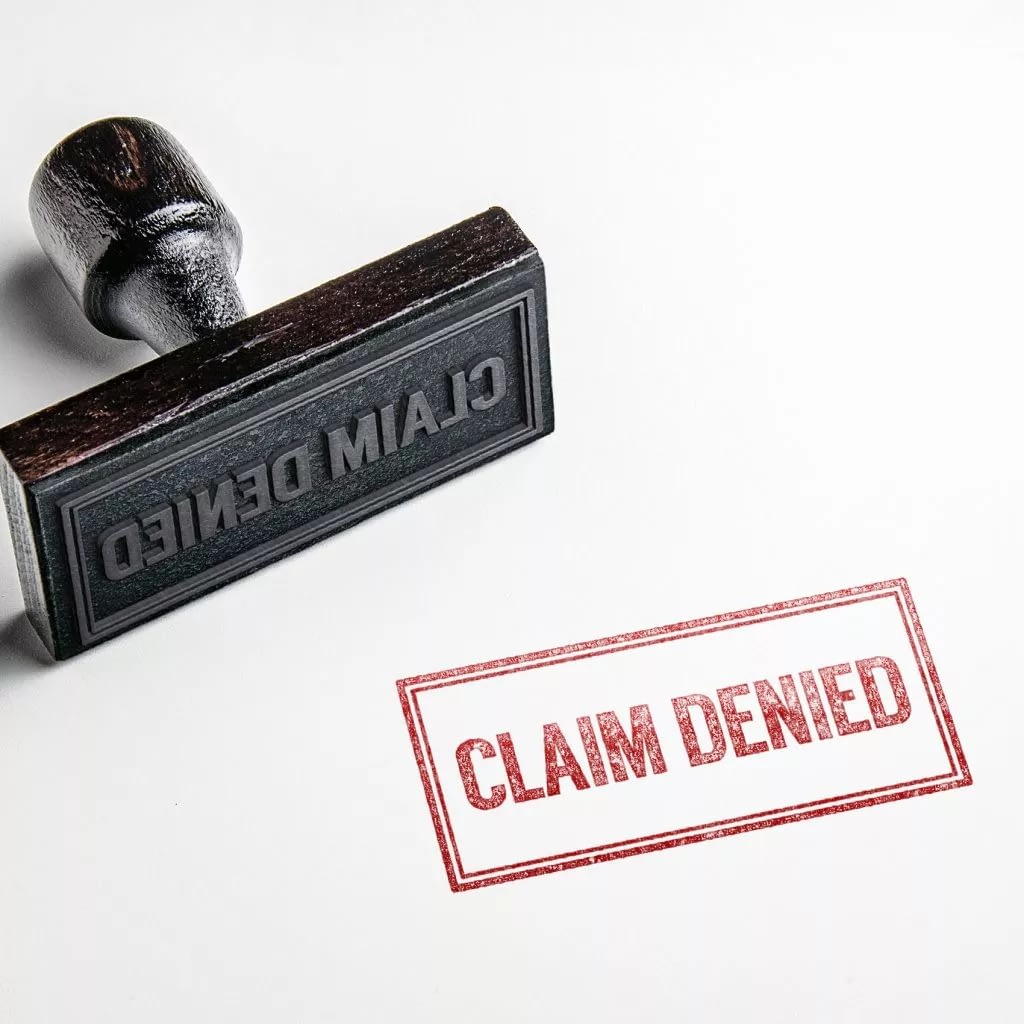 INSURANCE COVERAGE CLAIMS
INSURANCE COVERAGE CLAIMS
Severe weather and catastrophic losses are becoming more common. This directly impacts businesses through interruptions of production and creates undue stress through the delay in returning operations to normal. The situation can be even worse for residential properties as homeowners attempt to repair their homes. This process can become dramatically worse caused by delays in the claim process and insurance carrier’s adjustment. Rushing the adjustment or settlement of a claim can result in an insurance payment that is less than what is needed to repair the home. Furthermore, insurance carriers routinely walk the line between acting in bad faith when adjusting your claim. Unlike most businesses, an insurance company has a “fiduciary” obligation to you, the insured. Which is to say they must step into your shoes and pay the claim in a responsible, honest way. Unfortunately, this is rarely the way a claim is handled, typically resulting in an adversarial process between the insurance carrier and the insured.

RESIDENTIAL PROPERTY INSURANCE CLAIMS
A residential property insurance claim should be straight forward and quick in resolution. Unfortunately, this is rarely the case. Insurance companies are built on negotiation and litigation. Insurance companies benefit by lowering what they settle a claim for, which means that the policyholders are being shortchanged in the process. Typically, a residential policy is a “named peril” policy, which means if the loss is not specifically named, there will not be coverage. Traditionally covered losses to property include severe weather and hail, fire, or other acts of God that result in accidental direct physical damage. Typically, a homeowner has a short window of time to report these claims and a two-year statute of limitations to sue their carrier for not properly paying a claim.
Additional coverages include ordinance or law coverage, additional living expenses, and environmental cleanup. As our homes age, new building codes come into effect, increasing the cost of repair and replacement. Depending on the loss, a homeowner may also have to relocate while they wait for the repairs to be completed. Additional living expenses can include hotel, rent, and other costs of living incurred during this time. And in cases of fire losses, the surrounding property may need to be restored due to contamination. Every policy varies in the language used to describe the applicable coverage, but the purpose of the coverage should always be to return the property to its pre-loss condition without obvious repairs.
COMMERCIAL PROPERTY INSURANCE CLAIMS
A commercial property loss is typically more complex than a residential loss. Factors to consider in a commercial claim include interruptions in business operations, business closures due to repairs, or relocation of the entire business due to operational interruption. Insurance carriers typically are more aggressive in fighting costs associated with these losses due to their size and scope. These types of claims include churches, manufacturing facilities, condominiums, and industrial properties. Unlike residential claims, these policies are typically deemed “all-risk.” This means they cover any type of loss not specifically excluded.
Unlike residential claims, a commercial loss has a very narrow window to bring a claim and a shorter time limit to engage in litigation once it becomes known that the insurance carrier isn’t acting in good faith to settle the claim. Therefore, it is essential to engage our services as soon as a claim becomes known to make certain you are fully protected.

 Ali Saeed will reach out to you shortly.
Ali Saeed will reach out to you shortly. Complete this form to send us a message. Everything submitted through this form is fully confidential and we will reach back out to you promptly.
Complete this form to send us a message. Everything submitted through this form is fully confidential and we will reach back out to you promptly. Book A Call With Eric
Book A Call With Eric